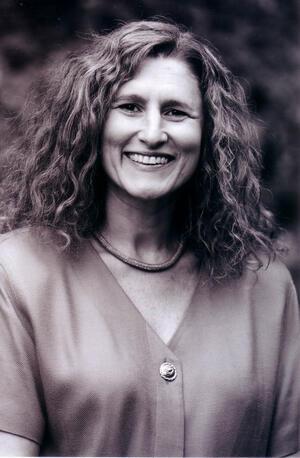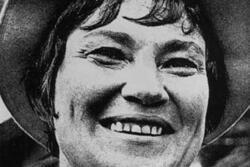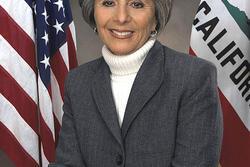Lights, Camera, Social Change!
I could probably quote the entire Spy Kids movie if you asked me to. I distinctly remember watching it for the first time: five years old, curled up on my friend Emily’s couch, hiding my face behind my hands because god forbid the evil Fegan Floop actually caught them!
Everyone has that movie. The movie you’ve seen a million times and every time you watch it you’re slightly horrified with yourself because you quoted the entire thing and sang some of the background music. But that isn’t what horrifies me most about Spy Kids now. What currently horrifies me the most is that its executive producer, Harvey Weinstein, has been accused by over 30 people of being a sexual predator.
Weinstein’s behavior has been brought to light at the same time as the “Me Too” movement. Actress Alyssa Milano tweeted early last month, encouraging people who have been sexually harassed or assaulted to tweet “me too” in order to “give people a sense of the magnitude of the problem.” I’m sure your Facebook or Twitter looked like mine, with post after post of “me too”s from my friends, my mom, and my friends’ moms. However, the “Me Too” movement started a decade before Milano’s tweet, with Tarana Burke. Burke is an African American woman who is a victim of sexual assault, and who launched the “Me Too” campaign 10 years ago to help underprivileged women of color affected by sexual abuse. Burke’s goal through “Me Too,” is to empower people through empathy.
Gloria Greenfield, a Jewish feminist activist, noticed the same things that Burke did, only for a different minority community. As an active participant in the modern feminist movement, Greenfield made a splash when she went from identifying as a “Jewish radical feminist” to a “feminist Jew.” She told JWA that she is a “Jewish woman–a Jewish woman who is both feminist and Zionist.” As a minority, Greenfield saw the importance of standing up for herself and others whose voices might not have been heard. That being said, in the feminist movement, Greenfield was not a minority as a woman, but as a Jew. She wasn’t a feminist who happened to also be Jewish, she was a Jewish feminist who fought for the equality of all woman including Jewish women. Like Greenfield, I benefit from white and economic privilege, but, also like her, I have parts of my identity that are oppressed: my female identity, and my Jewish identity.
Greenfield ended up leaving the feminist movement because she and other Jewish women faced anti-Semitism from other feminists. Instead of kvetch-ing about this injustice though, Greenfield took to the media. As of now Greenfield has produced three documentaries: Unmasked Judeophobia, The Case for Israel–Democracy’s Outpost, and Body and Soul–The State of the Jewish Nation–to educate the general public about contemporary anti-Semitism. Like Burke and the “Me Too” movement, Greenfield utilized the resources given to her–in this case mass media– to make her voice heard.
Nothing changes if people aren’t aware that something needs to be changed. Greenfield dedicated her career to informing the public of injustices that they otherwise might not have even recognized.
As a Jew, a feminist, and a person living today, I have a lot of strong feelings about many injustices currently plaguing our world. While I can (and do) moan and whine about these grievances quite a bit, Greenfield has shown me that there is a call to action for people like me, people who are passionate and angry and ready for change, not just a call to complain. Greenfield has shown me that individuals’ actions can have great impact on others. As someone who is interested in entering the film industry, it’s awe-inspiring to see people like Greenfield working in film, an industry that Harvey Weinstein used to do such terrible things to women, to advocate for justice. Whether your passion be sports, painting, or writing, Gloria Greenfield shows us that we each have the power to take our passion and use it to do good.
This article was also published on Teen Voices at Women's eNews
This piece was written as part of JWA’s Rising Voices Fellowship.








This is awesome, Natalie! Good work!